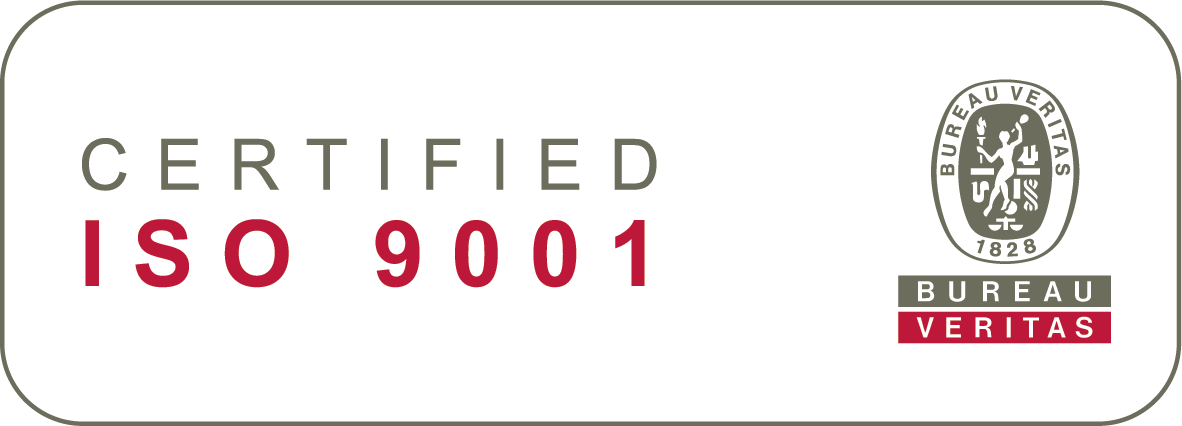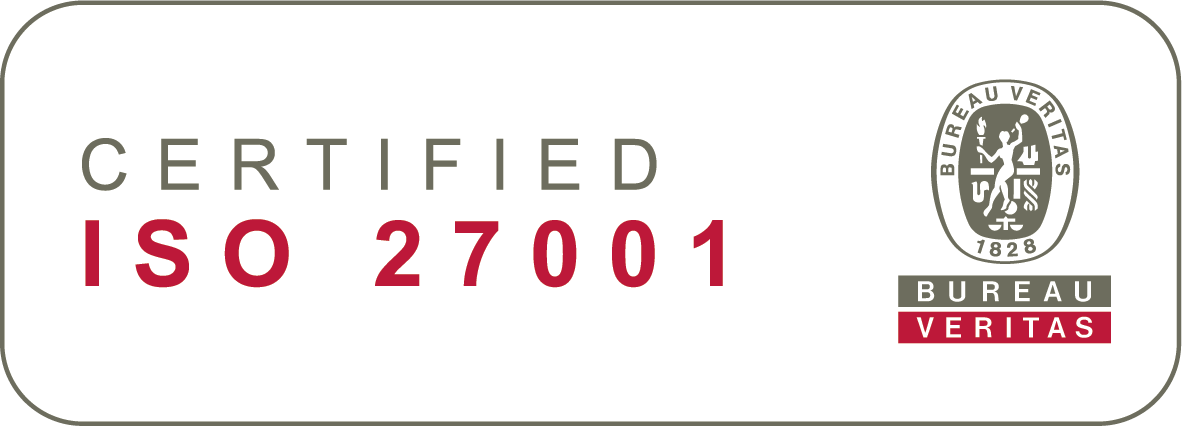Leinonen Estonia:
Accounting, Payroll & Advisory Services for Successful Business in Estonia
If you plan to open a stand-alone business in Estonia, or you are looking to expand your existing business into the Estonian market, our professional accountants, legal & tax advisors are here to help.
Our accounting, payroll & advisory services allow the business owner to save time and sidestep many of the difficulties of cross-border commerce.

Smart & Seamless Business in Estonia
Our business is to help your business in Estonia grow. When you outsource traditionally time-consuming processes like accounting to Leinonen, you make your job simpler and clear away the fog of uncertainty that often hangs over foreign-owned enterprises during their first few years. We'll help you remove all barriers and lead the way for a successful business in Estonia!
32
Years in Estonia
40+
Employees
330+
Satisfied
customers
Why Over 330 Businesses Have Chosen Leinonen in Estonia



There are lots of reasons for why so many foreign business owners in Estonia have chosen Leinonen:
- They can rely on our local expertise
- They know all accounting work will comply with local standards
- They appreciate our transparency and insistence on accountability
- They know their confidential company information will stay confidential
- They appreciate our in-house tax and legal department
- They know we will always put their best interests first
- We are never more than a phone call away
About Us
With 32 years of experience in Estonia, we possess a strong level of experience and local expertise. Our Estonian team is composed of highly educated professionals who love what they do and get great satisfaction from making someone else’s life easier.
When you outsource your business processes to Leinonen, you are able to avoid the intimidating learning curve that traditionally comes with setting up in a new environment. Your business in Estonia will be running efficiently from the moment you open its doors.
We are proud to offer a professional, tailor made accounting & advisory services with outstanding communication and reliability. When you enlist Leinonen, you can be sure you have a stable, long-term partner supporting your business in Estonia.

Benefits
Cut Expenses
Hiring people with financial & legal expertise, and buying leading-edge accounting software is expensive. Instead, you can let our experienced team take the hassle out of doing business in Estonia. We communicate with the authorities and ensure your finances are safe & legal.
Plan Your Growth
With us, you can enjoy a friendly step-by-step approach to reviewing your financial reports and legal matters, and make informed decisions to grow your business in Estonia.
Get a peace of Mind
There's a lot on your mind when you start or expand your business. We take the stress off your shoulders by taking care of the accounting, payroll, taxation and legal matters. This gives you more time to focus on what really matters - successfully running your business in Estonia.

Certificates of Confidence in Our Services
Services
Rest assured that your expanding operations are manageable and profitable



Our network of highly trained & experienced accountants and legal experts will support your company on an ongoing basis while minimizing your costs.
We have a dead-easy 3-step process for when you take off
Save time & eliminate risk by making sure everything is done correctly and on time. No more costly errors or missed deadlines.
News and Insights
Contact Us
Use the form to send a quick inquiry.







